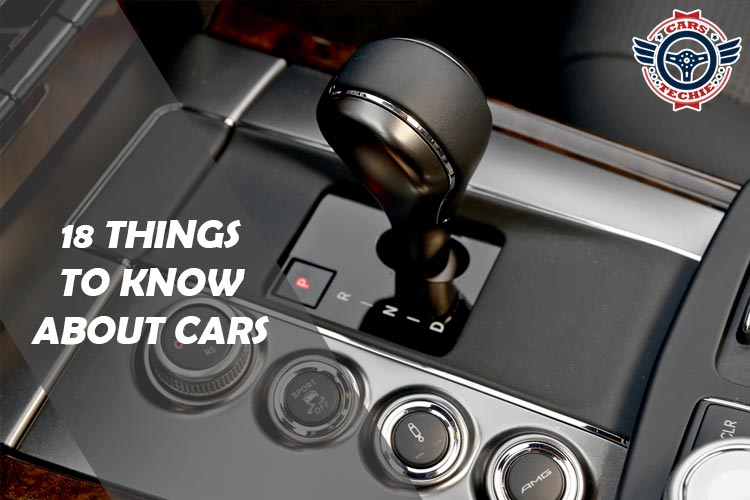Many of us drive a car regularly. But there are several things about a car that we don’t know. There’s no shame in it.
Not all car owners will know everything about their vehicle.
However, there are some basic things to know about cars that can help us during an emergency or when a pertinent need arises.
It obviously helps if you learn about car parts and how to maintain them and you don’t need to be a expert mechanic in this regard.
Let’s check out some of the common things to know about cars. Well, you don’t need to learn about car parts, but these few things will certainly help.
Contents (Jump to Topic)
1. Tire pressure
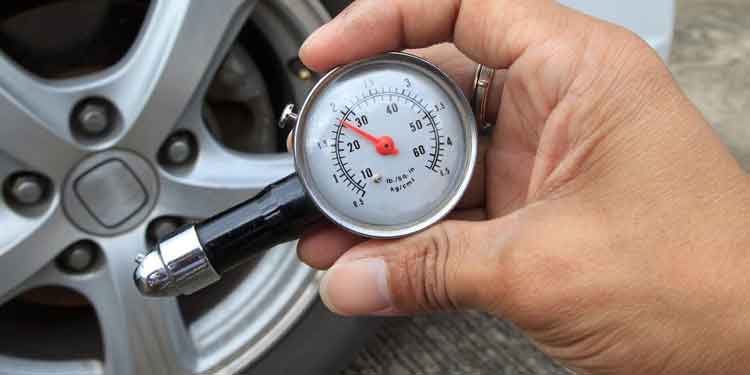
Image Credit: gshservice
Never drive with an under-inflated or over-inflated tire. It’s dangerous. Buy a tire pressure gauge and press it on to the inflation point.
Read the pressure. Most cars have a warning on the driver-side door which indicates the optimum rear and front tire pressure.
Having the optimum pressure also enhances the fuel economy of your car. This leads to reduced carbon emissions. The trees will thank you.
2. Tire tread
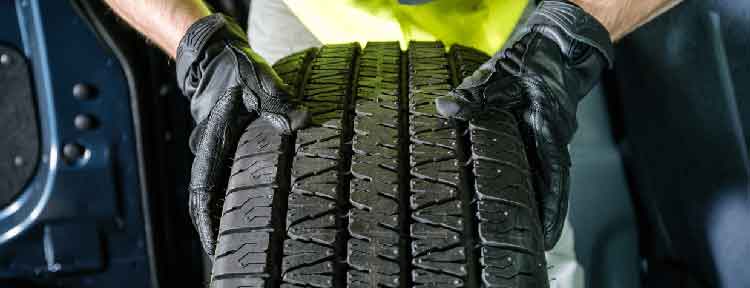
Image Credit: The Allstate Blog
It’s not only the pressure in the tires that matter. The performance of your car much depends on the tire tread that gives the vehicle the traction on road.
It’s particularly important while driving in slippery conditions. Check whether there are any odd lumps, bulges, or cuts on the tire that indicates a problem.
Get these repaired at the first instance. Remember, your tires shoulder the entire weight of the car and this is among the vital things to know about cars.
3. Changing a flat tire
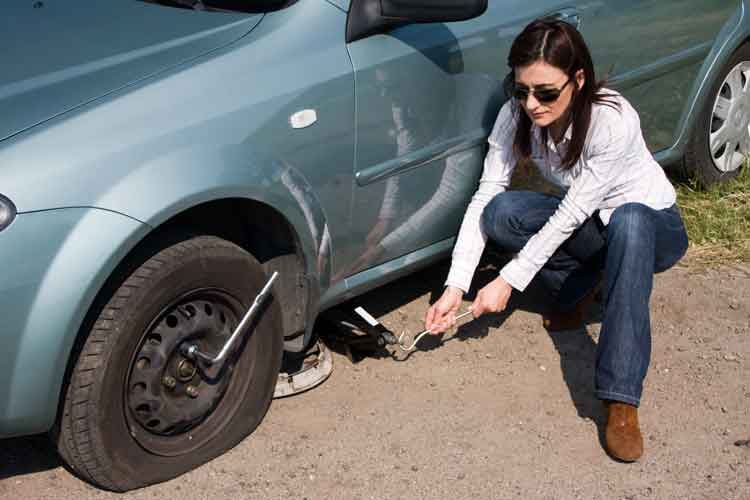
Image Credit: Car From Japan
It’s inevitable but not difficult to fix. You will be driving and a flat tire may come up.
Make sure you know the place where the toolkit is located. It’s usually kept in the boot of the car. Place the tire replacement jack on the lift points beneath the chassis and get the car airborne.
Heave the lug nuts off. Replace the tire and firmly put the nuts back on.
4. Engine oil
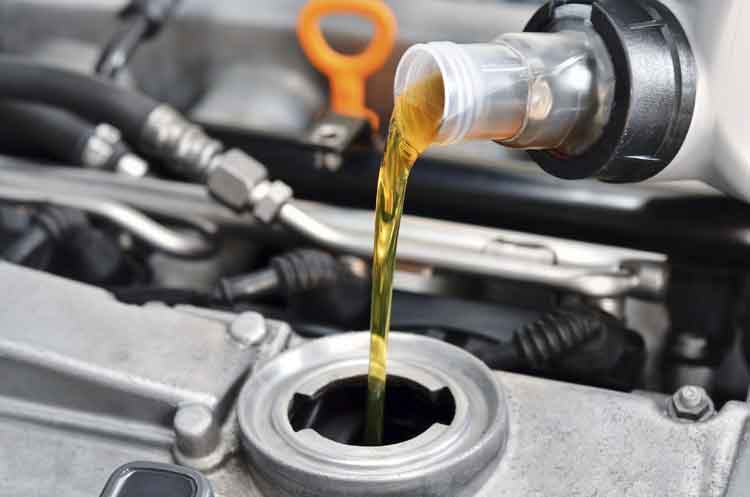
Image Credit: Car From Japan
Changing your engine oil is fairly easy and one of the most basic things to know about cars.
But you should first check whether the oil needs to be changed.
Locate the dipstick on the engine block. It’s usually kept inserted in the engine oil inlet pipe. Pull it out, wipe off the oil, reinsert it, and remove it again to read the oil level markings on it.
5. Handling
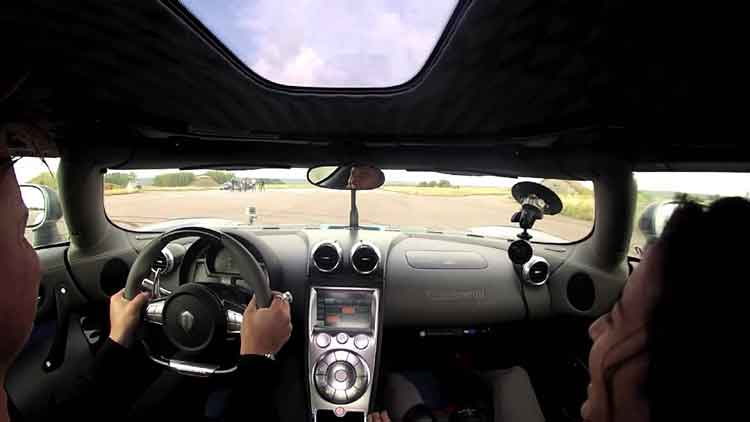
Image Credit: YouTube
Cars are either front-wheel, rear-wheel, or all-wheel drives. The front-wheel drive is the most popular.
High-end cars are powered by the rear-wheel drive. Four-wheel and all-wheel drives are reserved for SUVs and heavy-duty vehicles.
These cars are the safest to negotiate in tricky driving conditions and lend better traction to your vehicle.
Of course that doesn’t mean you drive with your eyes closed. But you should have a fair idea about the car’s handling.
6. Maintenance log
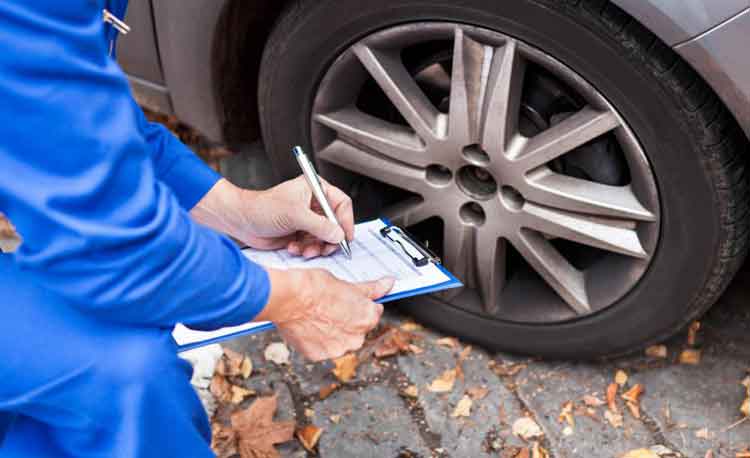
Image Credit: wiseGEEK
You may not have to be acquainted with everything you need to know about cars, but this is certainly one of the most important. “Did I change the engine oil last year?”
That’s certainly not a question you would like to ask yourself. Keep a log book for all your maintenance works.
This is also very helpful at the time of selling your car, when you can produce the records upfront. The maintenance log, undeniably, is among the more important things to know about cars.
Also Read: 25 Car Cleaning Hacks to keep your Car Spotless
7. Glove box
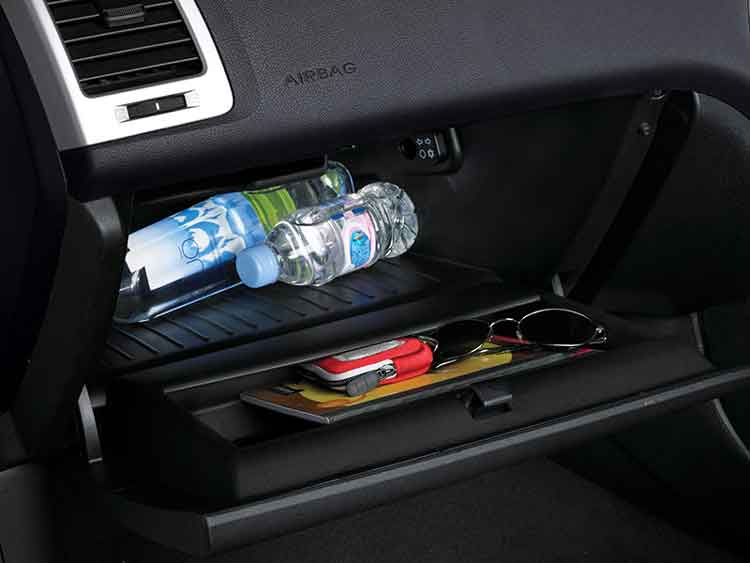
Image Credit: Hyundai Australia
The glove box is located on the dashboard in front of the front-passenger seat.
This is the place where you can keep photocopies of your car papers and knick-knacks.
These may include a first-aid kit, a flashlight, emergency contact papers and similar things. You may also keep a pair of gloves inside, if you are that literal.
8. Vehicle fluids
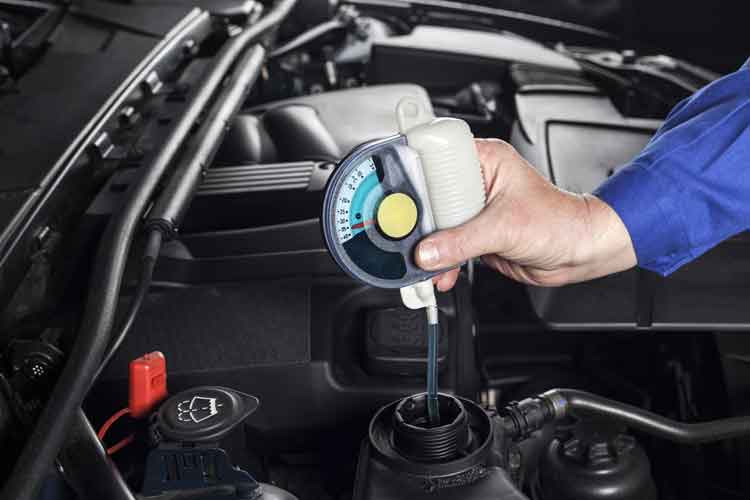
Image Credit: AAA
We spoke about the engine oil. That aside, there are some other vehicle fluids important for your car.
These fluids help the vehicle to run smoothly and include power steering fluid, coolant, brake fluid, and the windshield water fluid. The coolant is usually changed with the engine oil.
The windshield washer fluid is often mixed with liquid soap for better cleaning. Regular monitoring of these fluids is necessary.
9. Spare tire
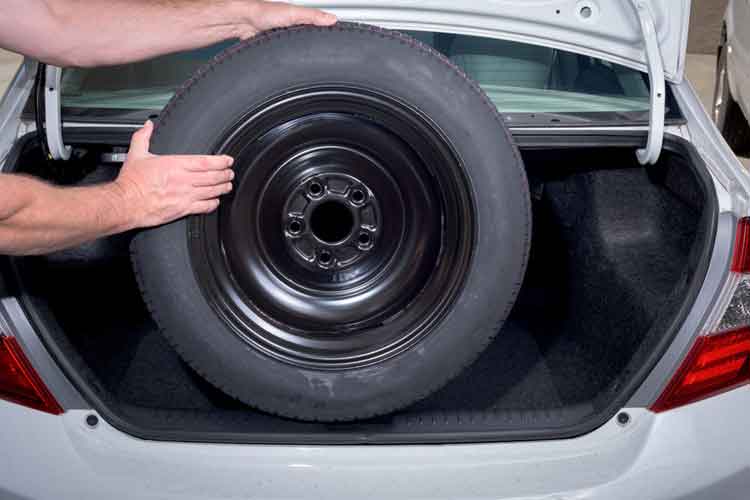
Image Credit: YourMechanic
This is certainly one of the most vital things to know about cars.
The spare tire in your boot is no showpiece. It should always be properly inflated so that you can replace it in case of a flat tire. It also helps to maintain the proper weight of the car.
That aside, while buying a new set of tires, change all five. Don’t leave the spare because it has been less used.
10. Wiper blades
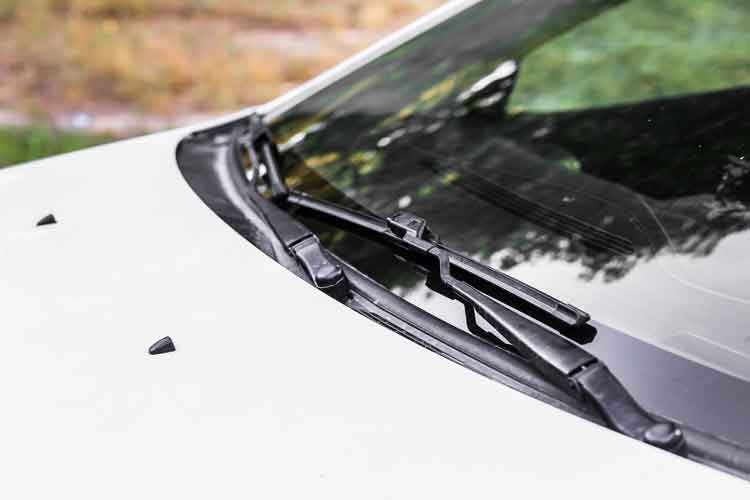
Image Credit: It Still Runs
Rain or snow, or just regular windshield cleaning, your wiper blades should always be in perfect condition.
The blades should perform their duties whenever required.
Replace them as soon as the rubber cleaners start coming off. These can scratch the windshield of your car.
Don’t settle for cheap local stuff. Buy from an authorized accessories dealer.
Here is the complete guide on how to defrost a windshield.
11. Driving properly
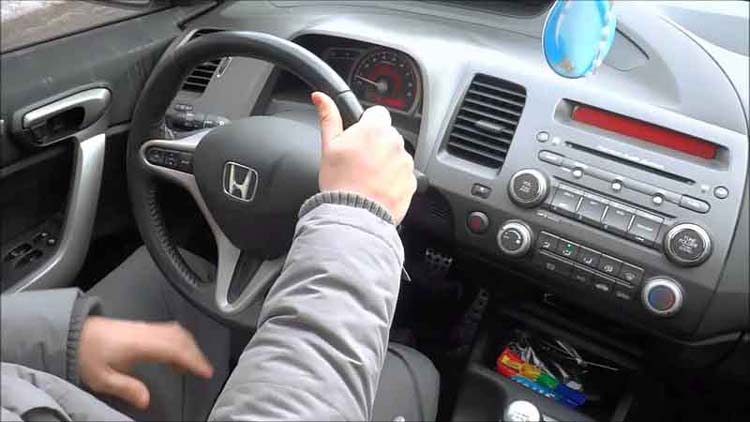
Image Credit: YouTube
It all comes to this. Your car helps you reach from one place to another. Beyond the basic road laws, you should know how to drive a car properly.
For instance, driving at a constant speed without much breaking, improves fuel efficiency. It also causes less stress on the vehicle.
Also, it’s a bad idea to accelerate your vehicle, without proper warming up.
12. Adjusting your driving
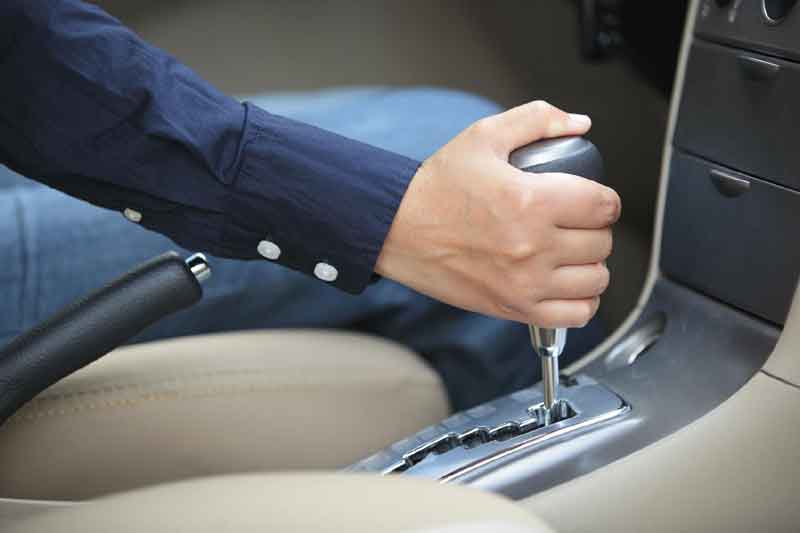
Image Credit: onehowto
You have to drive your car in various conditions. It will not always be bright and sunny.
You have to know how to drive your car in adverse conditions like rain, snow or ice. You have to learn how to maneuver the car.
Try practicing in a closed course or in a parking lot and learn maneuvers like skidding or turning a sharp bend.
Also Read: Basic Car Tune ups that should be done once in a Year
13. Brake problems
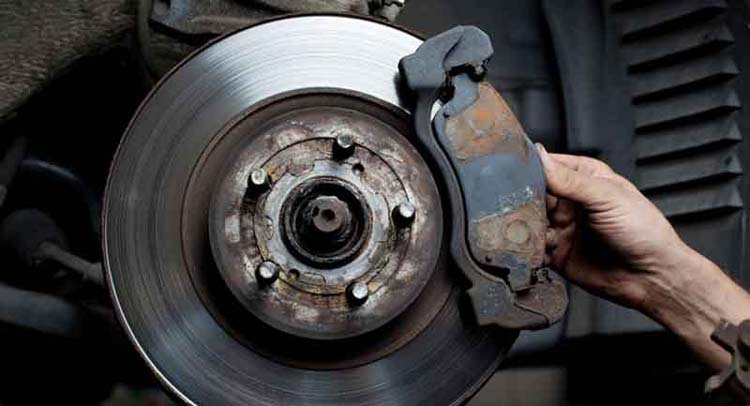
Image Credit: yourautospace
Among the important things to know about cars, is how to handle brake problems. Brakes are probably the most vital safety equipment of your car.
It’s often difficult to tell when they will crop up. Learn about your car’s braking system and the indications.
Take immediate action on the first signs of trouble since ignoring the symptoms can lead to major problems.
14. Jump-start
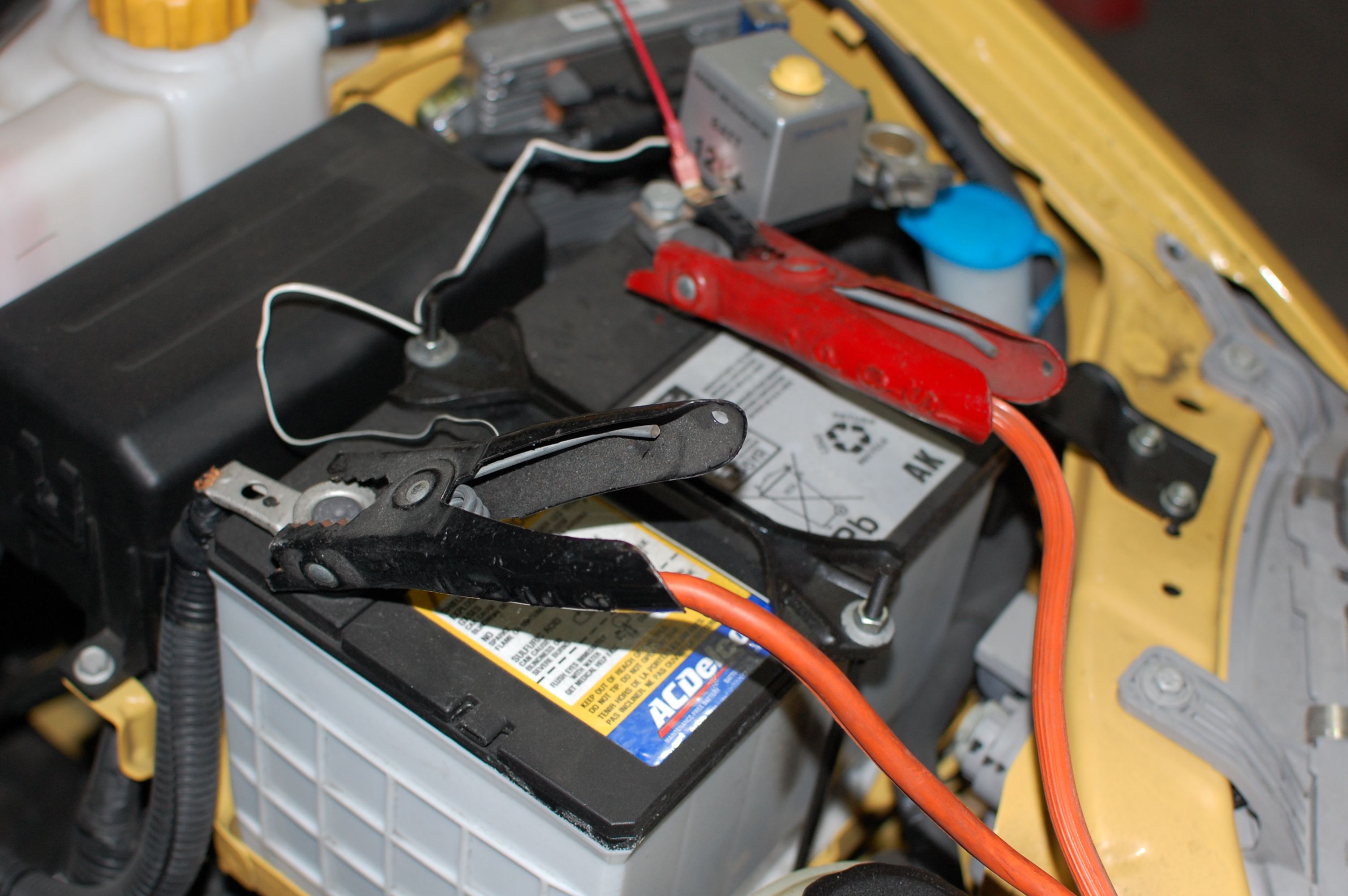
Image Credit: CNET
Jump-starting your car is pretty easy. Turn on the vehicle that will provide power.
Connect both the red clamps, followed by both black clamps. When all the clamps are connected, power on the receiving car. Let the car run for few minutes.
Now disconnect all cables, starting with the red one. Jump-starting a car is usually not required. But it’s a good thing to know.
15. Air filter
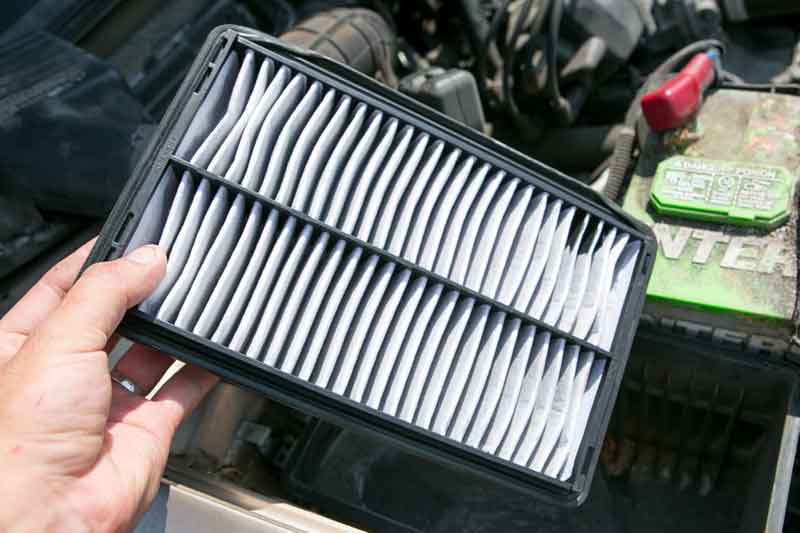
Image Credit: cars
Over time, the engine air filter collects debris, filth, and even bugs and should be eventually replaced.
It’s important to replace the filters every six months, especially if you drive under hot and humid conditions.
When engines accumulate dirt, they get clogged and have to work harder. Your fuel economy is reduced. Clogged air filters puts undue pressure on the engine.
16. Emergency roadside kit
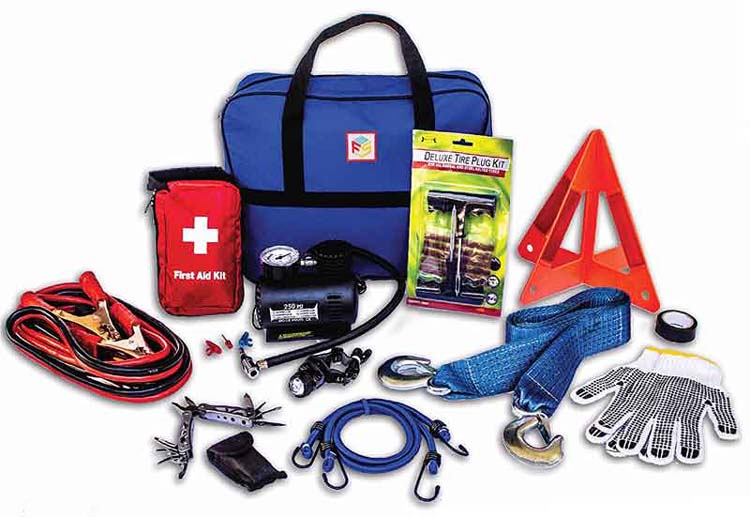
Image Credit: Life Changing Products
The importance of an emergency roadside kit can never be overemphasized.
The kit usually includes a fire extinguisher, first aid, tire gauge, jumper cables, extra batteries, duct tape, reflective warning triangles, tow rope, flashlight and similar other things.
This is among the major things to know about your vehicle. A car breakdown may happen anywhere. Don’t be left scratching your head in an emergency.
17. Wheel alignment
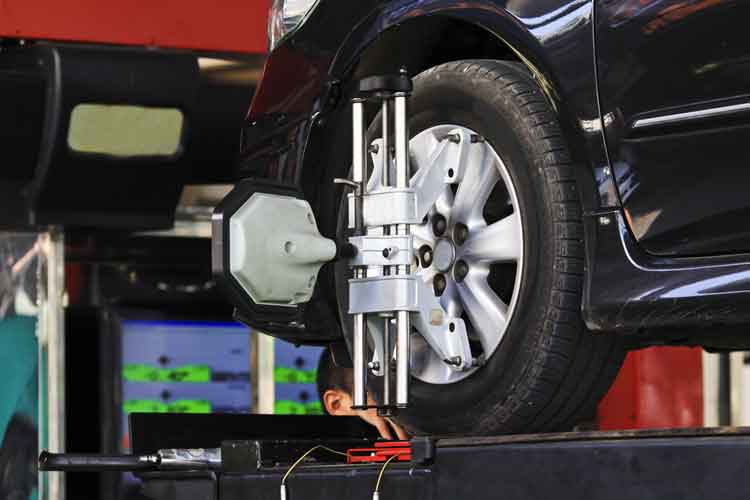
Image Credit: MyCarNeedsA
If your car wobbles or seems slightly misbalanced while turning a bend, there could be a problem with your wheel alignment. Misbalanced wheel impacts the handling of your car and is fairly common.
Take your car to the garage and get the wheels rebalanced.
Proper wheel balancing ensures that your car reacts exactly the way you want it to. Never ignore the indications of a misbalanced wheel.
Also Read: 21 Must Have DIY Car Repair Tools
18. Car lights
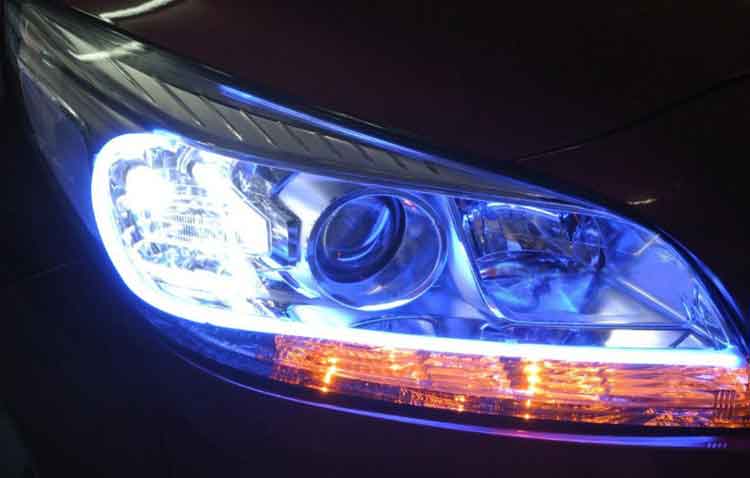
Image Credit: Top Speed
All your lights must be working perfectly. Check the brake lights and headlights and reversing lights especially. Turning lights are equally important.
A non-working headlight is easier to detect, while a brake light or taillight may be difficult to detect. But these lights are important to let other vehicles know what you are about to do with your car.
Never drive with non-functioning headlights and indicator lights.
There are seemingly an endless number of things to know about cars. It’s not possible to learn all of them. As a driver, or a car owner, knowing some basic things will obviously help.
That aside, you should also carry out proper and timely maintenance to keep your vehicle in perfect running condition.

